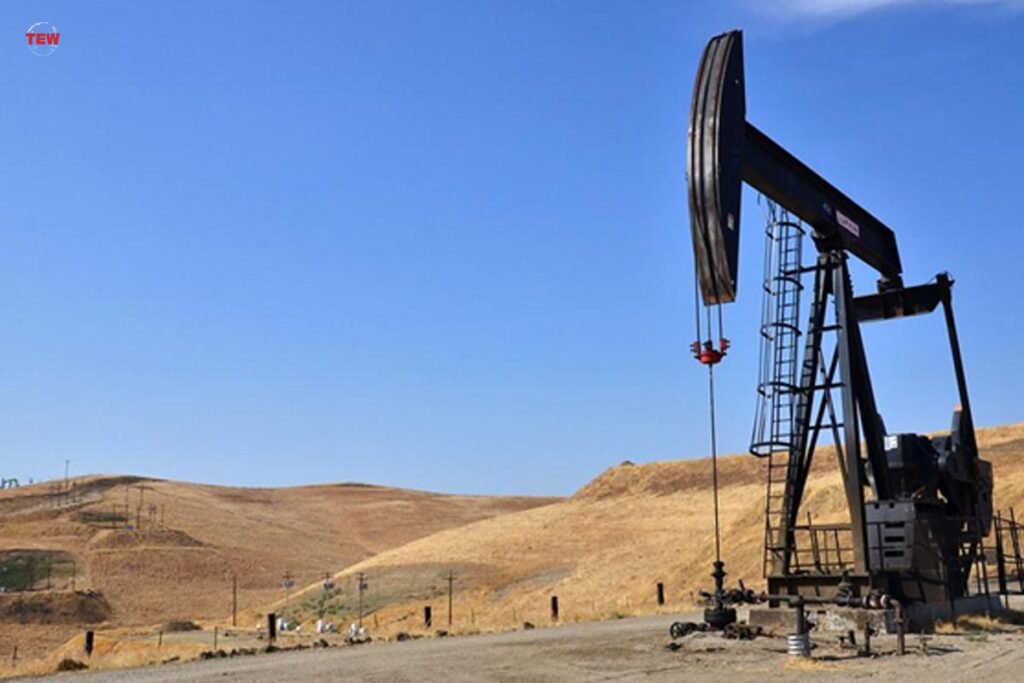The oil and gas industry is one of the biggest in the world, isn’t it? Almost every other commodity is dependent on this industry. If the prices go up, there is an automatic shift in the prices of other goods and services, that’s how powerful oil and gas are in this 21st century. However, many investors now are more interested in buying and selling oil and gas royalty interests.
It has proven to be a valuable investment with tremendous potential. Both buyers and sellers can benefit from oil and gas royalty payments.
Here’s what you need to know about royalty interests in oil and gas;
What is Royalty Interest?
A royalty interest is considered property interest where the owner is entitled to receive a share of the production revenue. Whoever has the royalty interest has nothing to do with the operational cost, but still, a specific portion of the revenue is allotted to the owner. As long as the drilling company is operational, the owner will receive the royalty interest but if drilling is stopped, royalty interest also vanishes.
Minerals such as oil and gas are extracted from a property, and whoever owns the royalty interest, may it be a company or an individual, get a share of the revenue generated. As the minerals are extracted from a property that is leased, it is the right of the owner to get royalty-interest payments from it.

Yet, executive rights are not given to the person or the company who owns the royalty interest. However, there are investors who have minimal knowledge about what are Oil and Gas royalties, thus they sometimes suffer losses.
One of the best things about buying and selling royalty interest is that the owner does not have to suffer the cost needed to explore the minerals from the ground.
What are the Types of Royalty Interest?
There are three main types of royalty interest;
1. Working Interest

The working interest is used to lease some part of the property from the owner to start the operations of exploration and production. The company or individual who owns the working interest is entitled to drill and explore minerals from the subsurface. Moreover, the cost of drilling and exploration is also on the entity that owns the working interest. However, the owner also cherished profits once minerals were extracted from the land.
2. Non-Participating Royalty Interests
It is the lease granted by the company or an individual who owns a royalty interest. The benefits of this lease include the share gained from production revenue but the owner has no executory rights. Such rights include making new leases or getting bonuses.
3. Overriding Royalty Interest

Let’s suppose the working interest owner leases a certain part of the working interest to any third party, it is considered overriding royalty interest. However, it excludes the production costs of mineral leases but it is still an undivided right to a decided share of the production.
Types of Owners
There are two main types of investors when it comes to royalty interest in oil and gas;
1. Interest Owner

When a person or a company owns both the property and the drilling company which is responsible for exploring the minerals, such investors are known as interest owners. Usually, oil and gas drilling and production companies take this role.
2. Non-interest owner
The investor who is only concerned with the output of the drilling and production company is known as a non-interest owner. Such investors are not responsible for operations to extract the minerals from the ground. Non-interest owners are usually least concerned with the cost needed to discover or access the minerals.

Why do People Sell Oil or Gas Royalties?
There are unnumbered reasons behind selling and buying oil or gas royalties. However, some of the main reasons are such as estate planning, future investments in stock or bonds, and whatnot. One of the common reasons why people sell their oil or gas royalties is when the production site is showing less output than it usually did in the past, it gives a clear indicator to the owner that it’s time to invest somewhere else. Sometimes divorce is also a main reason why people choose to sell oil or gas royalties.
Conclusion

Royalty interest can be tricky sometimes, when you step into the oil and gas industry, you have to look at numerous rules and regulations. If you are planning to invest, you need to have a clear understanding of royalty interest and how it works. However, it is always suggested to work with a trustable source to take the right step at the right time.
When it comes to financial investment scenarios, timing plays a pivotal role, investing in oil and gas is a bit different from investments made in real estate or stocks, it requires a lot more trustable knowledge.




